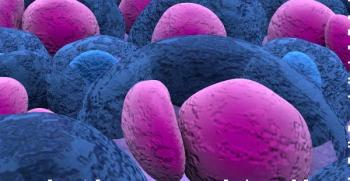
Data were presented at ASCO 2021 and EHA 2021 for the initial 19 patients. Now, investigators are painting a fuller picture with an additional 9.

Data were presented at ASCO 2021 and EHA 2021 for the initial 19 patients. Now, investigators are painting a fuller picture with an additional 9.
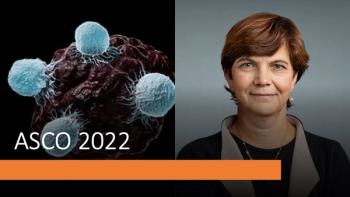
The BASECAMP-1 study is currently enrolling participants to explore the feasibility of manufacturing a novel CAR T-cell therapy with a target antigen activator and a HLA LOH-based blocker.
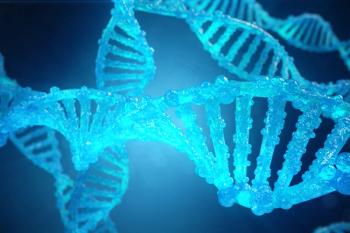
Higher-dose lymphodepleting regimens led to higher toxicity but high response rates.

Cohort A of the CARTITUDE-2 study is evaluating cilta-cel safety and efficacy in patients with multiple myeloma who received 1 to 3 prior lines of therapy.
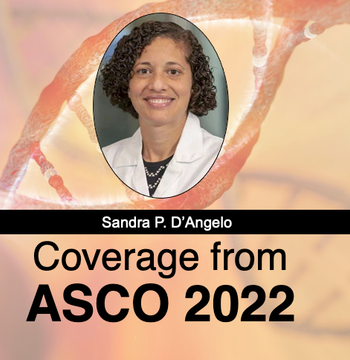
“Therapy was found to be safe and tolerable. This initial data formed the basis for further exploration that is currently ongoing in the IGNYTE-ESO study,” investigator Sandra P. D’Angelo, MD, tells CGTL.

High response rates were seen in patients that would not meet ZUMA-2 eligibility criteria.
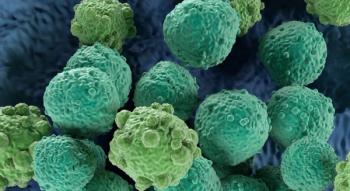
No differences were found in overall survival and progression free survival across races.

A recent meta-analysis reviewed data across 146 patients in 9 clinical trials.
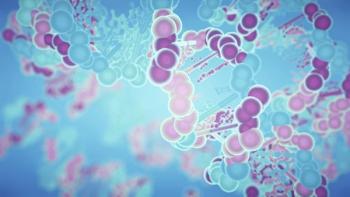
Relma-cel was previously approved in China in September 2021 for the treatment of B-cell non-Hodgkin lymphoma.
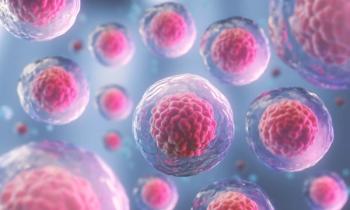
A phase 1 trial evaluated the combination in patients regardless of PD-L1 status and no differences were seen between those negative or positive.

Treated patients had significant improvements in fatigue and lymphoma symptoms.
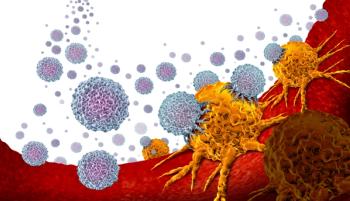
The trial, sponsored by Mustang Bio, will continue to enroll patients and doses will be escalated to 300 million cells.
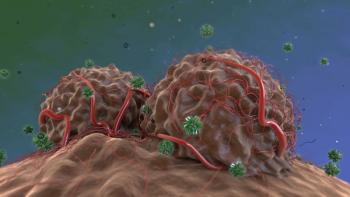
Interim data from the SPOTLIGHT study were presented at the ASCO GU Symposium.
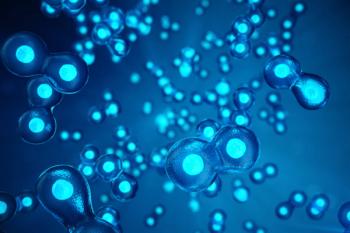
The SURPASS-2 trial will run parallel to the ongoing SURPASS trial.
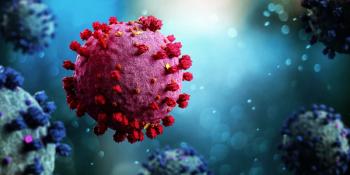
The BASECAMP-1 study is identifying patients for future use of Tmod CAR T-cell therapies.
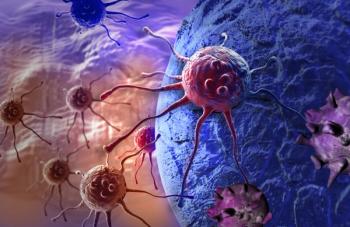
Data from the phase 2 QUILT-88 study were presented at the 2022 ASCO GI symposium.
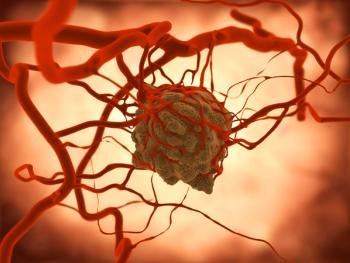
Carisma Therapeutics and Moderna are also collaborating to develop CAR-M cell therapies.
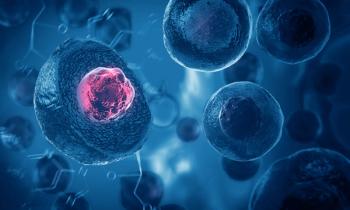
Further details on the KEYNOTE-B79 trial were presented at the 2022 ASCO GI Symposium.
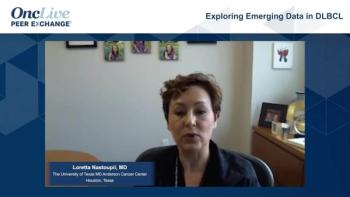
Experts discussed data from trials in lymphoma presented at ASCO 2021.
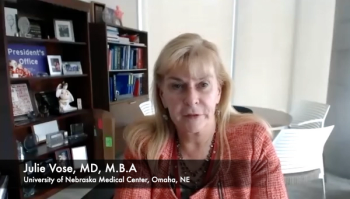
The professor of internal medicine in the Division of Oncology and Hematology at the University of Nebraska Medical Center discussed novel treatment options for patients with hematologic malignancies.

The professor of internal medicine in the Division of Oncology and Hematology at the University of Nebraska Medical Center discussed the benefits of CAR T-cell for patients with follicular lymphoma.
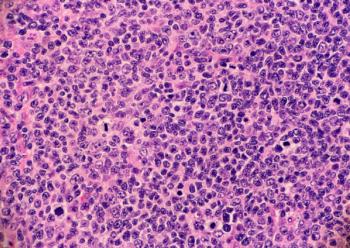
Stephen J. Schuster, MD, discussed tisagenlecleucel's efficacy and safety over other available treatments for relapsed/refractory FL.
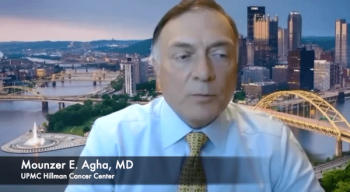
The director of the Mario Lemieux Center for Blood Cancers at UPMC Hillman Cancer Center discussed strategies to manage AEs associated with CAR T therapy.
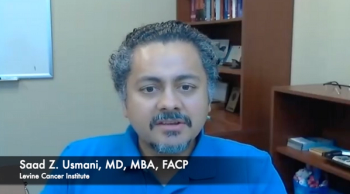
The director of Clinical Research in Hematologic Malignancies at Levine Cancer Institute discussed overall response rate and stringent complete responses in the CARTITUDE-1 trial.
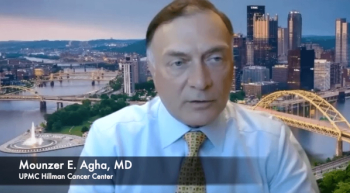
The director of the Mario Lemieux Center for Blood Cancers at UPMC Hillman Cancer Center discussed how the meeting sets the foundation for what’s to come in the treatment of multiple myeloma and other hematologic malignancies.
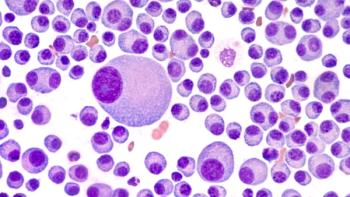
The recommendation comes after positive data was released from the recent phase 2 KarMMa trial.
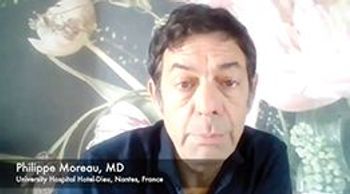
Philippe Moreau, MD, discussed the CARTITUDE-1 trial's promising results with ciltacabtagene autoleucel read out at the 2021 ASCO Annual Meeting.
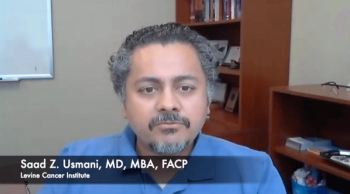
The director of Clinical Research in Hematologic Malignancies at Levine Cancer Institute discussed adverse events in the CARTITUDE-1 trial.

C. Ola Landgren, MD, PhD, discussed the role of CAR T-cell therapies in multiple myeloma.
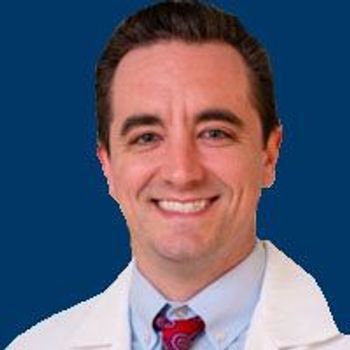
The autologous CAR T-cell product CART-ddBCMA was found to elicit a 100% objective response rate in patients with relapsed/refractory multiple myeloma, with deep and durable responses noted in those with poor prognostic factors.